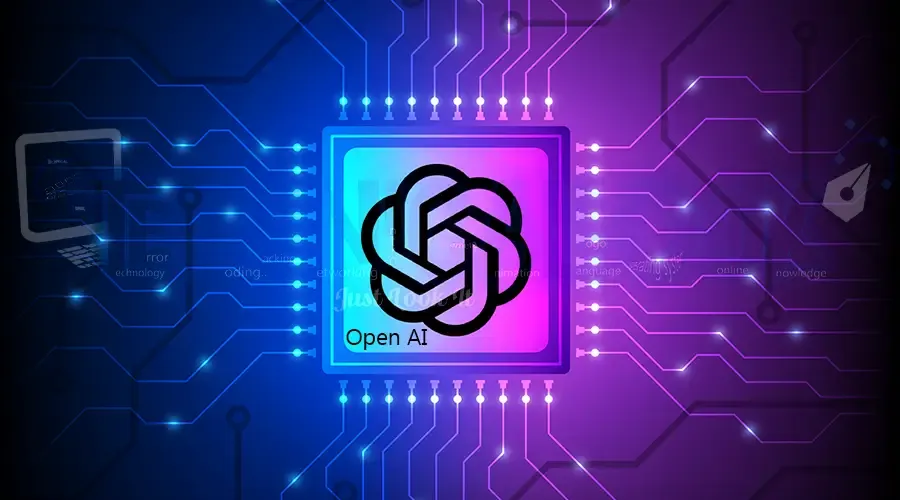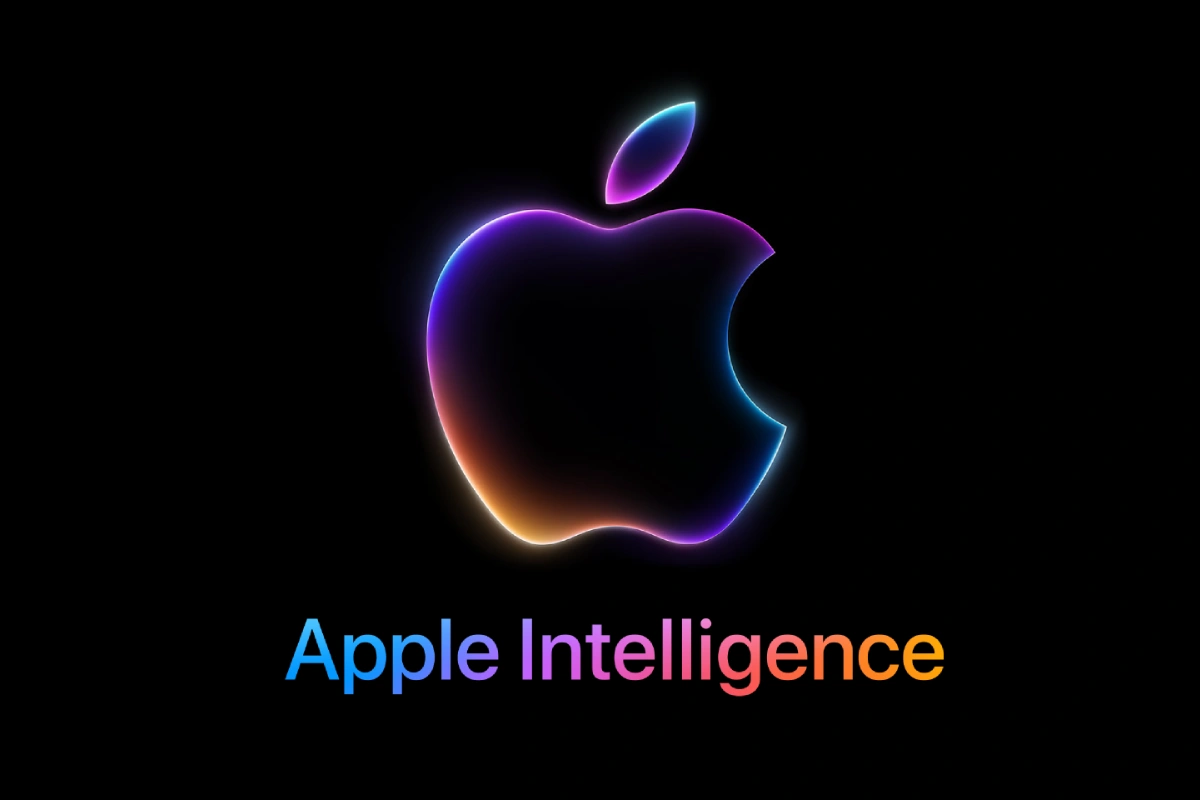🔥 The Stakes Just Got Real
While the U.S. and China battle for AI dominance, Europe is flipping the script with a bold €20 billion move that could rewrite the entire global tech landscape.
Their goal? Catch up to — and maybe even outflank — the AI juggernauts of the West and East.
This is not just another tech announcement. This is Europe’s moonshot in the AI arms race.
🏗️ What Exactly Is an AI Gigafactory?
Think of an AI gigafactory like a Tesla Gigafactory… but instead of pumping out batteries, it’s churning out compute power — the raw fuel that powers every smart chatbot, autonomous vehicle, algorithmic trader, and synthetic biology lab.
Each site will be loaded with tens of thousands of next-gen AI chips, capable of running exascale computations for:
- LLM training (like GPT-style models)
- Real-time multi-agent simulations
- Scientific breakthroughs in medicine and climate tech
- Edge and robotics innovation
These aren’t research labs — they’re production-grade, AI-weaponized factories built to give the EU real skin in the game.
🧱 Where Will They Build?
The gigafactories will be distributed across key innovation zones in Germany, France, and the Nordics, with Ireland and the Netherlands being hot contenders due to their green energy infrastructure and established data center ecosystems.
And here’s the kicker: the EU wants to go green while doing it.
These factories will tap renewable power sources, helping to neutralize the staggering carbon footprint of high-end AI compute — a direct contrast to coal-fired server farms still prevalent in some parts of the world.
💰 Follow the Money: Why €20 Billion Matters
To be blunt: AI supremacy is a compute war. Whoever controls the GPUs, wins.
Right now, the U.S. and China dominate with:
- Nvidia’s monopoly on GPU production
- State-backed megaprojects (e.g., China’s Tianhe supercomputers)
- Private AI giants like OpenAI, Anthropic, and xAI backed by $10B+ rounds
The EU knows that if it doesn’t build infrastructure at scale, it risks becoming a digital colony—importing AI tools, renting cloud servers, and watching its data sovereignty slip away.
This €20B isn’t charity. It’s economic self-defense.
🧠 Strategic Outcomes: What’s Really at Stake?
If successful, these gigafactories could:
- Democratize AI access for startups, researchers, and public institutions
- Create 300,000+ tech jobs over the next 5 years
- Birth EU-native AI models that align with regional ethics and data laws (like GDPR)
- Reduce dependency on U.S. cloud giants (AWS, Azure, Google Cloud)
In other words: it’s not just about catching up. It’s about changing the rules of the game.
⚔️ Will It Work? The Challenges Ahead
Let’s not sugarcoat it — this won’t be a smooth ride.
- Chip shortages and export restrictions from the U.S. could bottleneck supplies
- Skilled labor to manage and build these systems is still thin on the ground
- Coordination across 27 countries is always a political high-wire act
But the EU seems ready to face the storm. After years of being seen as lagging in deep tech, this is a rare moment of strategic alignment, political will, and serious capital deployment.
And the global AI community is watching — closely.
🚀 What This Means for You
Whether you’re a founder, investor, policy-watcher or AI creator, the ripple effect of this initiative will be huge.
- Expect EU-native foundation models to compete with GPT and Claude
- Watch for massive public-private grants opening up for AI projects
- Get ready for a new wave of open-source LLMs trained on EU compute
- Prepare for ethical AI regulation baked into infrastructure, not tacked on later
This isn’t just government bureaucracy playing catch-up — this is Europe reloading its tech arsenal.
🧠 The Alpha Move: Secure Your Edge
Want to stay ahead of where AI is heading — not six months behind?
Join Alpha AI, the all-access membership to our cutting-edge AI tools, tutorials, and monetization playbooks.
✅ Learn how to leverage large language models
✅ Discover real-world AI automation hacks
✅ Get weekly breakdowns like this — without the fluff
→ Join Alpha AI Today
Because the future belongs to those who build with it.






